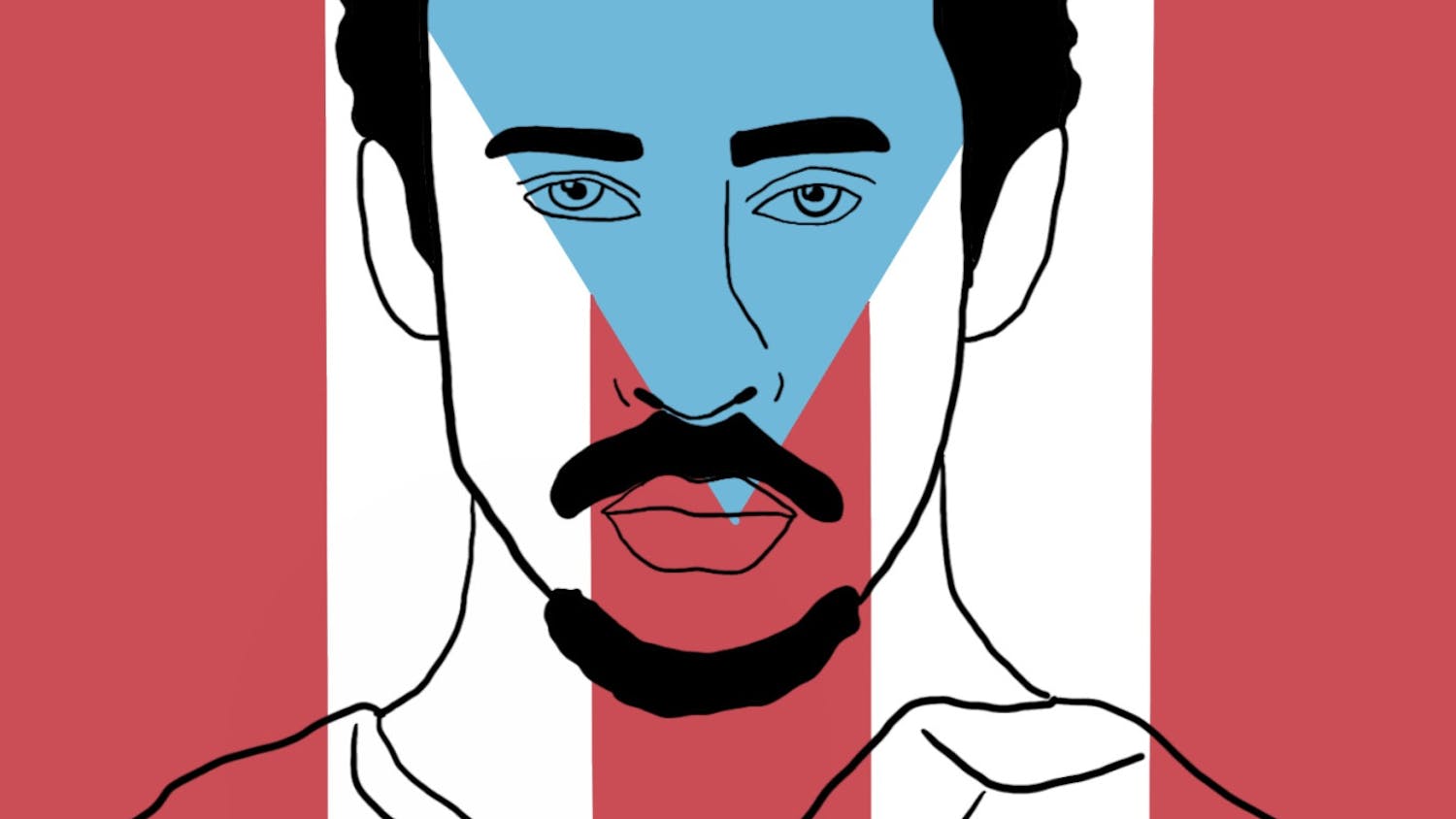Dark humor is used all around us: with friends, on social media and on your favorite tv shows and movies. It gives people the opportunity to laugh at unfortunate or even traumatic situations that they’ve experienced. While some could consider dark humor to be offensive or triggering, many people use it to cope with upsetting situations and to potentially connect with other people about their issues.
One of the most well known examples of dark humor would be on social media, specifically on TikTok. Whether it be about the coronavirus outbreak or more extreme scenarios involving rape, domestic violence, and suicide, like the “Literally my life” trend, users on the app tell their stories with the hope that someone else can relate and share a laugh on the subject.
The idea of dark humor is already controversial, but sometimes it’s necessary to laugh at yourself, even if the joke is a little unusual.
Users like 18-year-old Isabella Lancaster use the app to share her traumatic experiences with others. She told the story of how her father ended up in a psychiatric hospital. In the video, Lancaster is seen dancing around her room with the horrible story in text, and the lyrics “Goals/actual goals/AF,” play behind her.
“I don’t know why but the internet feels much more of a safe community than the people I know personally,” Lancaster said in an interview with VICE. “I think it’s important to kind of laugh at dark situations sometimes because it can add a bit of light and makes you feel like it’s okay that this has happened.”
For users like Lancaster, these dark TikToks are a form of therapy. She is expressing a life-changing experience for an audience. In turn, she’s able to speak on a situation without being ridiculed or judged because so many other users are doing the same. People like Lancaster can feel free and be able to start the process of healing by being able to laugh at the situation.
However, because the issue of dark humor is so controversial, many people cannot see the line between dark humor and being offensive. One trend on TikTok was the “When my drink starts tasting like” challenge. Typically, users make fun of themselves during this challenge. Unfortunately, an Ohio University golfer took the challenge too far and instead posted a racist comment saying that he wouldn't care “if she’s overweight and black.”
There’s going to be people who cross the line between dark humor and just being racist, sexist and rude. There’s going to be people who take it too far. Although this is unacceptable and users should be held responsible for their actions, it should not ruin the experience for other users who are using the app to vent about personal situations.
Some of the videos made on the app can be uncomfortable, but imagine how uncomfortable it was for someone to go through that experience. Imagine how uncomfortable it is for someone to speak on the issue. As long as trigger warnings are made available on the video, these dark humors can actually be beneficial to users for both coping and comfort.
Brutal honesty can be hard to get used to. We are so accustomed to keeping these traumatic experiences bottled up and not exposed to our close family and friends, let alone put them on social media. The importance of honesty cannot only help others around you feel comfort in their similar situations, but it can make you begin to heal altogether.
Hannah Campbell is a freshman studying journalism at Ohio University. Please note that the views and opinions of the columnists do not reflect those of The Post. Do you agree? Tell Hannah by tweeting her at @hannahcmpbell.






